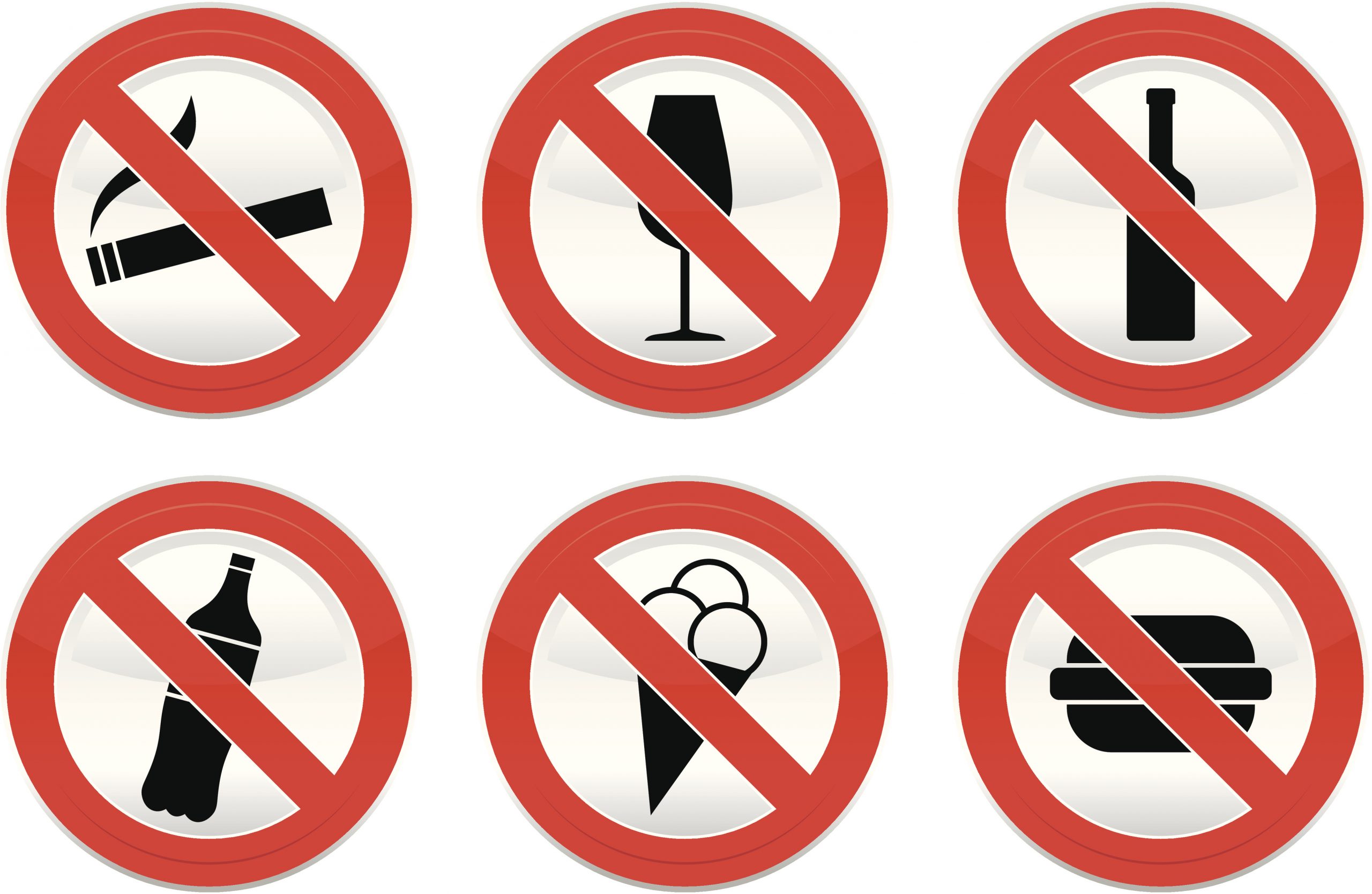This website uses cookies so that we can provide you with the best user experience possible. Cookie information is stored in your browser and performs functions such as recognising you when you return to our website and helping our team to understand which sections of the website you find most interesting and useful.
A decline in youth drinking could mean fewer new alcohol control policies, claim experts
With youth drinking in decline, a paper in the upcoming April edition of The International Journal of Drug Policy suggests that “alcohol may fall down the policy agenda” – which could mean fewer, not more, new control policies.

Currently available online, and soon to feature in the journal, is a piece on the implications of falling levels of youth drinking for public health policy, which says that the most likely outcome of this trend is a “withdrawal scenario” – where policy-makers would have fewer incentives to address alcohol-related harm.
Indeed, it proposes that a drop in alcohol consumption among people aged 15-24 may precipitate a shift in attention by policy-makers from drink to other issues, while, at the same time, mean that those seeking to control the availability and promotion of alcohol will “struggle to justify” interventionist measures.
Such a paper, which focuses on drinking trends in the UK and Australia, presents an interesting picture at a time when drink is under the spotlight from institutions and agencies (such as the EU and WHO) looking to influence the marketing and pricing of alcohol in an attempt to reduce consumption across the board.
However, the article in the April issue of the drug policy journal also suggests that self-regulation by the alcohol industry has not been effective, describing it as “dysfunctional”, and, as a result, notes that “public health actors may wish to continue advocating for governments to address the significant weaknesses in alcohol policy environments that exist in many countries, irrespective of consumption trends.”
Such a viewpoint is in marked contrast to that expressed to db last month by Matt Lambert, the CEO of UK self-regulating alcohol industry body the Portman Group, who said that self-regulation “has served the industry and public well, and at no cost to the taxpayer”.
Indeed, he told db that the 30-year-old organisation has seen 170 products withdrawn from the UK market due to breaching an evolving set of guidelines, which include any branding that might be seen to appeal to underage drinkers.
In terms of the consumption trends observed by the researchers for this paper, it is noted that “Youth drinking has declined markedly across most high-income countries from the mid-2000s onwards.”
Continuing, it states that “Young people are now less likely to drink alcohol and, if they do so, they start drinking at older ages, drink less often, consume smaller amounts and are less likely to get drunk.”
For example, as recorded in the paper, the proportion of 16-24 year-olds in England who reported drinking in the last week fell from 67% in 2002 to 41% in 2019, making them the lightest drinking age group among adults (NHS Digital, 2020).
Reasons cited in the journal for “the international and long-term nature” of a trend towards falling alcohol consumption by young people include:
- increased economic insecurity among young people,
- the influence of new internet-based technologies,
- widespread shifts in relationships between parents and children,
- immigration from countries with more abstemious drinking cultures and,
- new health practices tied to notions of wellness and healthism.
Furthermore, the paper lists a set of additional, concurrent developments that make it unlikely there will be any “rapid resurgence in youth drinking”.
These include studies in the US to suggest that young people are less likely than their predecessors to “to socialise without their parents, have sex, learn to drive, have a paid job or engage in extracurricular activities, such as sport or music.”
It is noted, however, that there is “significant debate” as to whether “the decline in youth drinking will lead to a decline in adult drinking”, with the paper recording that “some researchers suggest young people may be delaying their initiation of alcohol consumption, rather than rejecting it entirely.”
Read more

